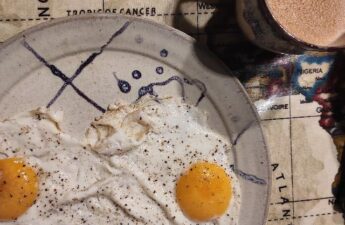Treating T2 diabetes isn’t easy. It requires information, research, planning, monitoring, adjusting, and sacrifice. There is no one size fits all. You have to take into account your objectives, your body, the advancement of the disease, your personality, etc. Making a plan that works for you is a big job in itself.
For these reasons, having a routine you stick to is very useful. Ideally, that routine will incorporate:
- Your diet (carnivore, Mediterranean, keto, etc). Plan your meals yourself.
- Your schedule.
- When you eat.
- When you exercise.
- When you sleep.
- When you monitor yourself (glycaemia, weight).
Having a routine makes it easy to remember to do things (if you test your blood 1 hour and 2 hours after each meal, it’s easier to do it if you do it after every single meal), easier to not deviate from your plan (no temptation of cake for example if you avoid the conditions of the temptation through your schedule), and easier to be honext with yourself (for example if you weigh yourself every morning with no exception you’ll see if your weight creeps up).
And that’s why when you go on holiday, change your context, change your location, and change your schedule, it’s very difficult to be as effective in your plan as when you’re home. And that’s why it’s easy to end up doing damage when you’re on holiday: you’re more relax, you don’t have the same routine, you’re exposed to temptation. You end up with high blood sugar (assumiing you still test to realise it).
For the first 6 months after diagnosis, I didn’t go on holiday, didn’t travel, didn’t leave my house and my routine. It was a conscious decision: it’s painful for a while, but that was making it easier to reach my objectives.
The best you can do is decide early on how you’re going to manage your disease, and make a daily checklist. Stick to it and be accountable to yourself by checking things once you’re done them. After a while, you’ll be used to it and through repetition you’ll be able to drop the formal list, whilst keeping the job done.



